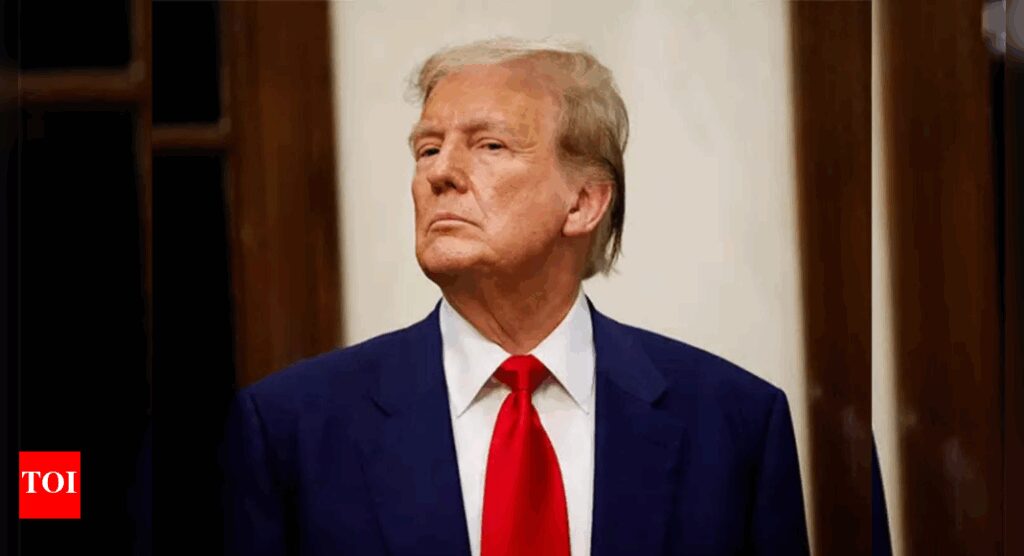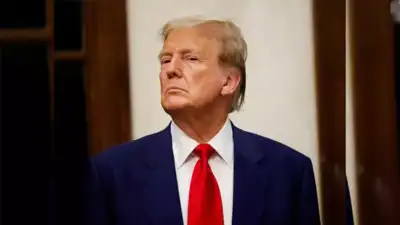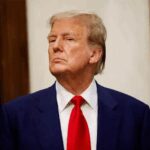US President Donald Trump on Monday made an extraordinary appeal to Canadians, urging them once again to join the United States, as the country heads to the polls today for a fiercely contested federal election.
He also assured that if Canada joins the US, the result would be all positives with no disadvantages.
The US president took to Truth Social to wish the country good luck and asked them to elect a man who, “has the strength and wisdom to cut your taxes in half, increase your military power, for free, to the highest level in the World.”
He further tried to lure in Canadians, offering them to quadruple their car, steel, aluminum, lumber, energy, and all other businesses.
“WITH ZERO TARIFFS OR TAXES,” he continued, “if Canada becomes the cherished 51st. State of the United States of America.”
The resulted land mass would be beautiful with “Free access with NO BORDER,” he envisioned.
He defended the proposal by arguing that America could no longer afford to subsidise Canada with the “Hundreds of Billions of Dollars a year that we have been spending in the past. It makes no sense unless Canada is a State!” he declared.
“IT WAS MEANT TO BE!” Earlier, in an exclusive interview with TIME on the occasion of his first 100 days in office, he reffered to the subject of Canada being the 51st state of the US, not as trolling, rather, he actually thinks that is the only way to go.
“I’m really not trolling. Canada is an interesting case. We lose $200 to $250 billion a year supporting Canada. And I asked a man who I called governor Trudeau. I said, ‘Why? Why do you think we’re losing so much money supporting you? Do you think that’s right? Do you think that’s appropriate for another country to make it possible, for a country to sustain and he was unable to give me an answer, but it costs us over $200 billion a year to take care of Canada?'” he said.
Trump’s comments come at a particularly tense time for Canada as the country is heading to vote today.
Canada’s elections will be shaped by a series of tensions revolving around Trump with key issues looming around Trump’s annexation threats and trade war.
Current PM Mark Carney, who took office in March after Justin Trudeau’s resignation, is leading the Liberal Party into his first general election. Carney, a former head of the Bank of Canada and the Bank of England, called the snap election amid growing political pressure and a deepening trade dispute with the United States.
Carney, 60, faces a strong challenge from Pierre Poilievre, 45, the leader of the conservative party. Poilievre, who has built his campaign around promises of a smaller government and lower taxes, has strongly criticised Carney’s handling of economic issues, accusing him of fostering “woke” policies and mismanaging the nation’s economy. While Poilievre was once leading the polls, recent weeks have seen a tightening race.







